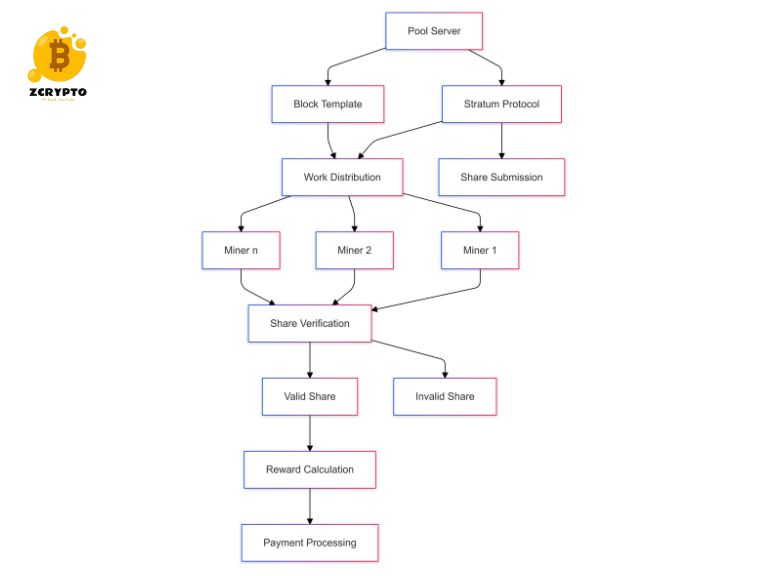In the complex world of finance, tax planning stands out as a crucial element that can significantly impact your financial health. Whether you are an individual or a business, understanding and mastering direct tax strategies can help you reduce tax liabilities, increase cash flow, and make informed financial decisions. Neglecting tax planning can lead to penalties, missed opportunities, and a substantial dent in your wallet. Here’s a comprehensive guide to help you navigate the intricacies of direct tax planning.
- Mastering Credit: Expert Guidance for Financial Success
- What is Nansen? Data Analytics Platform for Web3 Intelligence
- How Export Credit Agencies Boost International Trade: Loans, Guarantees, and Insurance Explained
- Understanding Economic Equilibrium: How Supply and Demand Balance in the Market
- Understanding EMI: How Equated Monthly Installments Simplify Your Financial Obligations
Understanding Tax Planning
Tax planning is not just about filling out forms; it involves a deep understanding of the fundamentals of taxation. This includes knowing the different types of taxes (income tax, capital gains tax, estate tax), tax brackets, credits, and deductions. Tax laws are constantly evolving, so staying updated is essential to make informed decisions. For instance, changes in tax rates or new deductions can significantly affect your financial strategy.
Bạn đang xem: Mastering Direct Tax: Expert Guidance and Strategies for Optimal Financial Planning
Tax Planning for Individuals
Income Tax Strategies
Tax Bracket Management
Managing your income to stay within lower tax brackets can be a smart move. Strategies include spreading income over multiple years or utilizing tax-efficient investments. For example, if you expect a high-income year, you might consider deferring some income to the next year when your tax bracket might be lower.
Tax-Efficient Investment Strategies
Investing in tax-advantaged retirement accounts like 401(k) or IRA can help minimize tax liability on investments. Municipal bonds and capital gains strategies are also effective ways to reduce your tax burden. Understanding how these investments work can help you make better financial decisions.
Deductions and Credits
Common Tax Deductions
Deductions such as mortgage interest, student loan interest, and medical expenses can significantly reduce your taxable income. Keeping detailed records and understanding what qualifies as a deduction can help you maximize these benefits.
Tax Credits
Tax credits like the Earned Income Tax Credit (EITC), Child Tax Credit, and Education Credits can directly reduce your tax bill. Knowing how to qualify for these credits and how to claim them is crucial for optimal tax planning.
Retirement Planning
Retirement Account Contributions
Contributing to retirement accounts offers tax-deferred growth and potential employer contributions. Understanding contribution limits and catch-up contributions is vital for maximizing these benefits.
Roth vs. Traditional Accounts
Choosing between Roth and traditional retirement accounts depends on your individual retirement goals. Roth accounts offer tax-free withdrawals in retirement but require after-tax contributions, while traditional accounts offer tax deductions now but require taxes on withdrawals later.
Investment Tax Planning
Capital Gains and Losses
Xem thêm : How to Use a Common Size Income Statement for Powerful Financial Analysis and Competitive Insights
Managing capital gains and losses involves strategies like tax-loss harvesting to offset gains with losses. However, it’s important to avoid the wash-sale rule, which disallows losses if you buy a substantially identical security within 30 days before or after selling the original security.
Timing of Investment Sales
Holding assets for the long term can minimize capital gains taxes since long-term capital gains are generally taxed at lower rates than short-term gains.
Tax Planning for Businesses
Choosing the Right Business Structure
The choice of business structure (sole proprietorship, partnership, corporation) has significant tax implications. For example, corporations may face double taxation but offer limited liability protection. Understanding these differences can help you choose the most tax-efficient structure for your business.
Expense Deductions
Identifying and maximizing deductions for business expenses such as office supplies, operational costs, and mileage deductions can significantly reduce your taxable income. Keeping accurate records is key to ensuring you don’t miss out on any eligible deductions.
Employee Compensation
Using tax-advantaged benefits and bonuses can be more efficient than simple salary increases. These strategies not only benefit employees but also reduce the overall tax liability of the business.
International Tax Planning
For businesses operating globally, managing international tax obligations is crucial. This includes understanding foreign tax credits, transfer pricing rules, and other international tax regulations to minimize global tax liabilities.
Advanced Tax Planning Strategies
Estate Tax Planning
Estate Tax Basics
Understanding estate tax thresholds and exemptions is essential for minimizing estate taxes through gifting, trusts, and other tools. For instance, using annual gift exclusions or setting up irrevocable trusts can help reduce estate taxes.
Succession Planning
Creating a seamless transition of assets to heirs while minimizing tax implications involves careful planning. This includes setting up wills, trusts, and other estate planning documents to ensure that your assets are distributed according to your wishes without incurring unnecessary taxes.
Charitable Giving
Charitable Deductions
Charitable donations can reduce taxable income significantly. Exploring different ways to make charitable contributions such as donating appreciated securities or using donor-advised funds can be particularly effective.
Donor-Advised Funds
Donor-advised funds allow you to contribute a lump sum now and receive an immediate tax deduction while distributing the funds over time according to your charitable goals.
Tax-Efficient Investing
Tax-Loss Harvesting
Tax-loss harvesting involves selling securities at a loss to offset capital gains from other investments. This strategy requires careful planning to avoid triggering the wash-sale rule.
Tax Diversification
Allocating investments among different tax categories (tax-deferred, tax-exempt, and taxable) helps manage withdrawals and minimize overall tax liabilities in retirement.
Implementing Tax Planning Strategies
Proactive and informed tax planning is essential for optimal financial stability and wealth growth. Staying updated with changes in tax laws and working closely with a tax advisor ensures that your strategies are tailored to your individual or business needs.
Additional Resources
For further reading and consultation:
-
IRS Website: www.irs.gov
-
Tax Professional Associations: American Institute of Certified Public Accountants (AICPA)
-
Financial Planning Books: “Tax-Free Wealth” by Tom Wheelwright
These resources will provide you with detailed information and expert advice to master direct tax planning effectively.
Nguồn: https://earnestmoney.skin
Danh mục: Blog


















